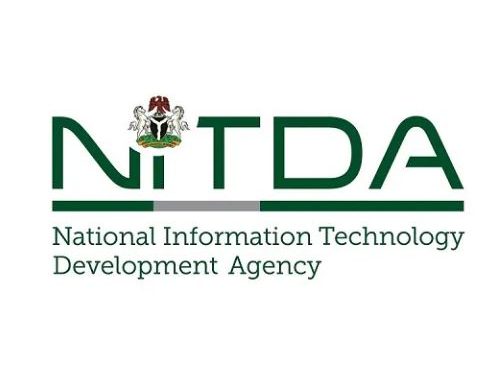The National Information Technology Development Agency (NITDA), on behalf of the Nigerian federal government, has issued a cautionary advisory urging citizens to be vigilant against QR code scams, as scammers increasingly exploit them for fraudulent activities.
QR codes, recognizable as patterns of black and white squares, are commonly used to store URLs or other data that can be scanned by a smartphone’s camera. However, malicious actors have begun utilizing QR codes as a tool for data theft, money fraud, and phishing schemes, prompting NITDA to issue the warning.
In its latest advisory over the weekend, NITDA highlighted the risks associated with scanning QR codes, emphasizing that while they offer convenience for accessing information and actions, they have also become a favored tool for scammers.
According to NITDA, scammers employ various tactics to deceive unsuspecting users through QR codes. Phishing scammers, for instance, generate QR codes that lead to malicious applications or phishing websites. Users, thinking they are accessing legitimate content, unwittingly expose themselves to data theft and other forms of fraud.
The agency emphasized the potential impact of QR code scams on users, underscoring the importance of exercising caution when scanning codes. The implications vary, but they can result in significant financial loss and compromise of personal information.
As QR code usage becomes increasingly prevalent in everyday transactions, NITDA’s advisory serves as a timely reminder for Nigerians to remain vigilant and adopt best practices to protect themselves from falling victim to scams. Users are encouraged to verify the authenticity of QR codes before scanning them and to exercise skepticism when prompted to input sensitive information.
The federal government, through NITDA, remains committed to combating cyber threats and safeguarding the digital interests of Nigerian citizens. By raising awareness about the risks associated with QR code scams, the government aims to empower individuals to navigate the digital landscape safely and securely.















